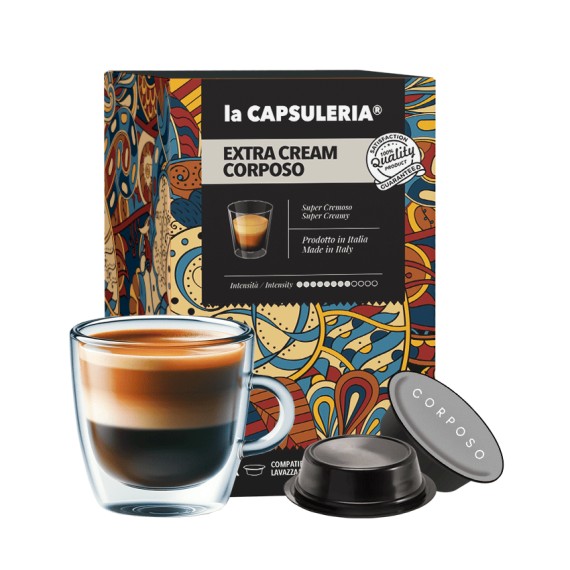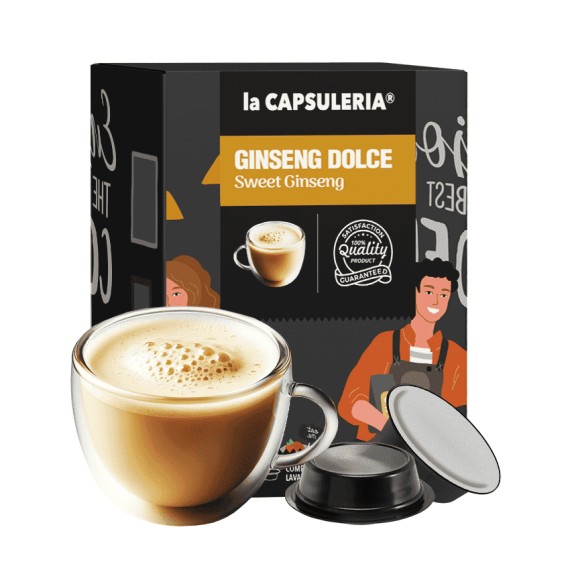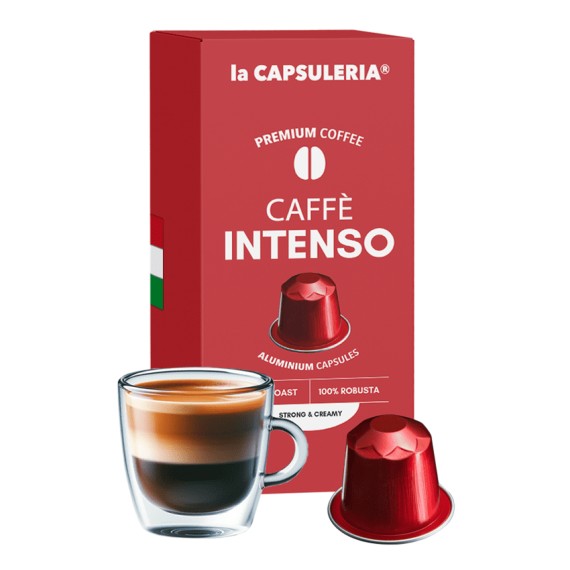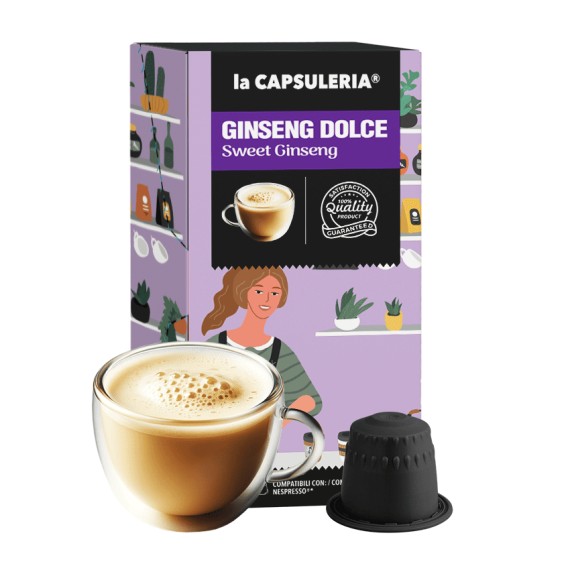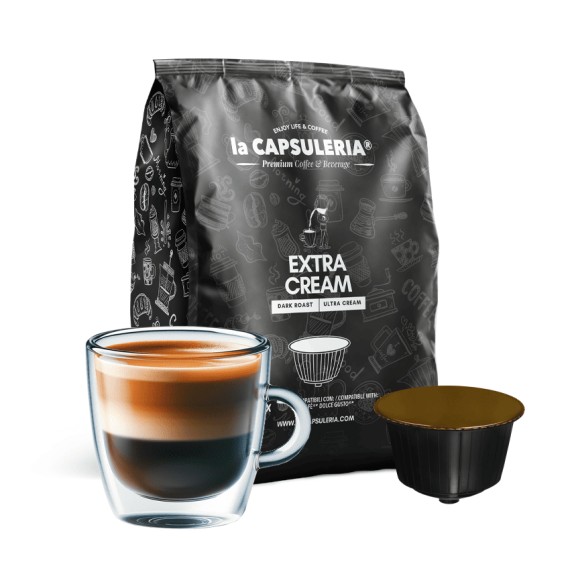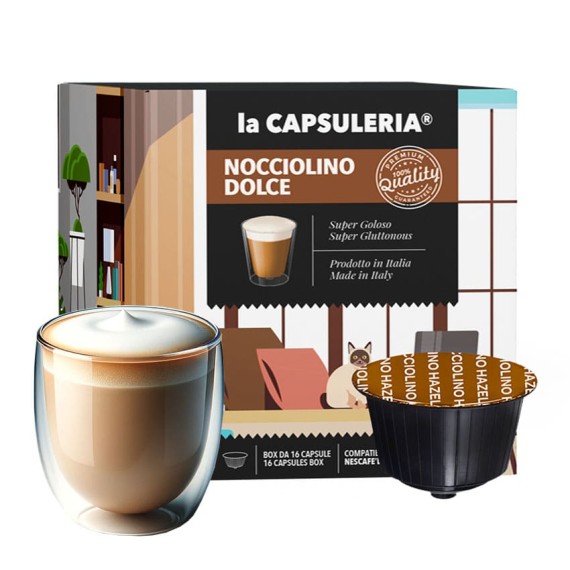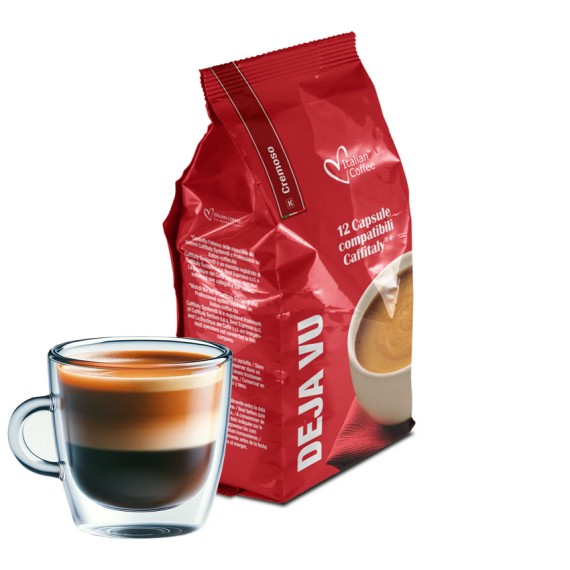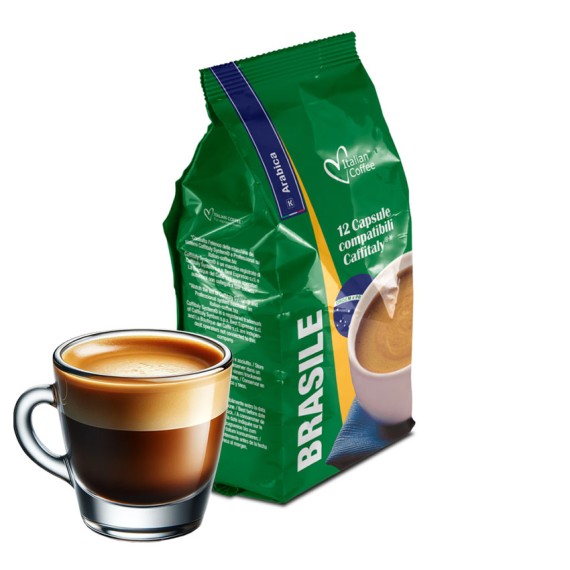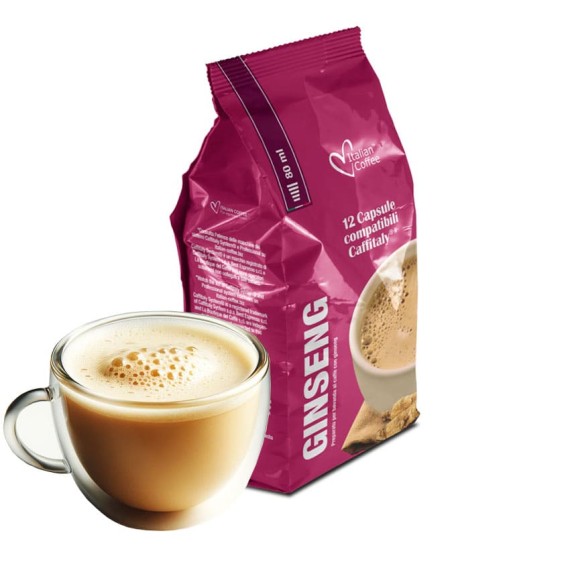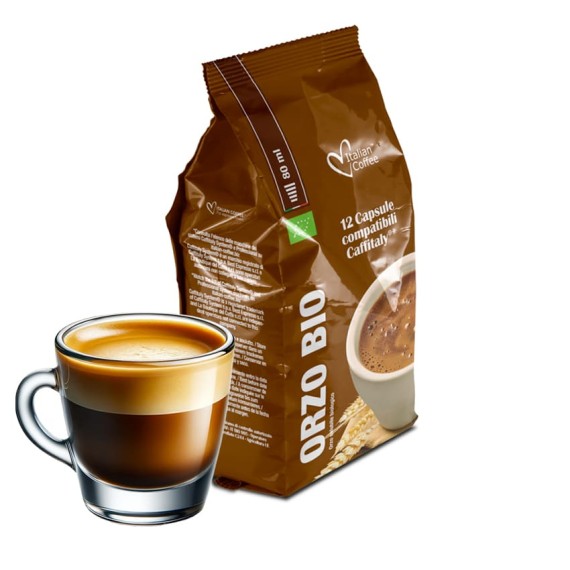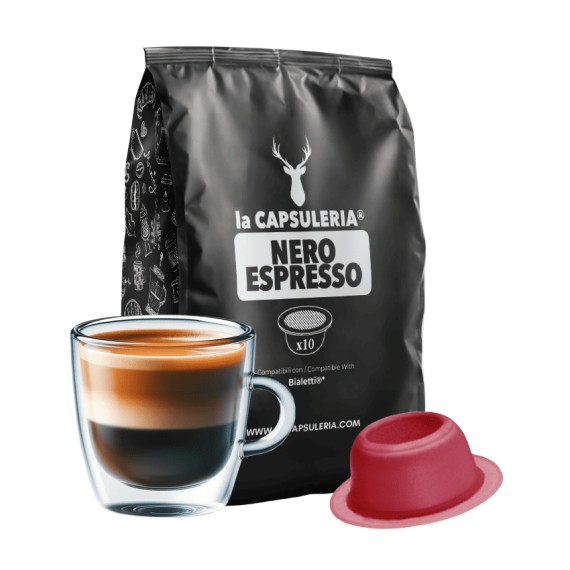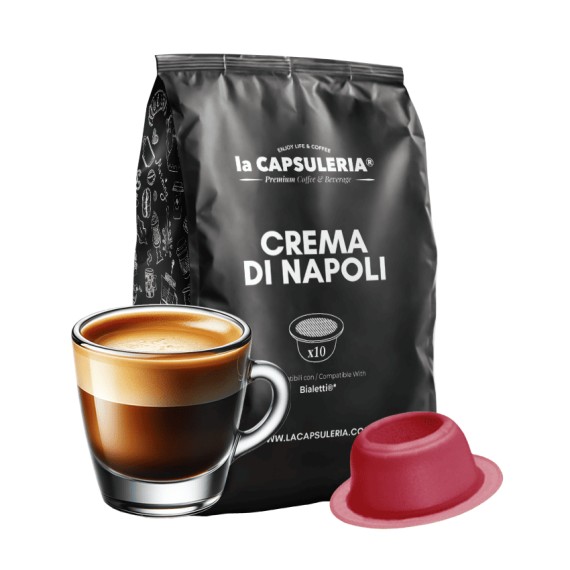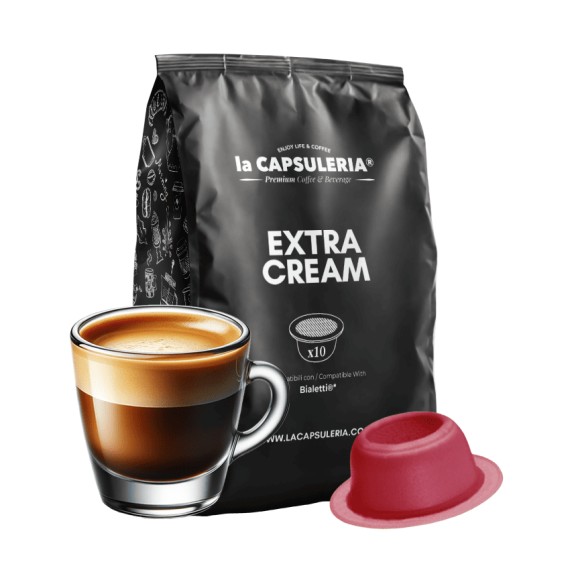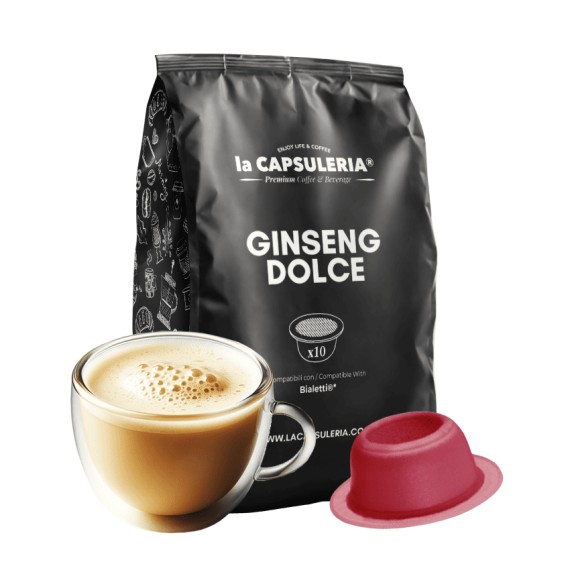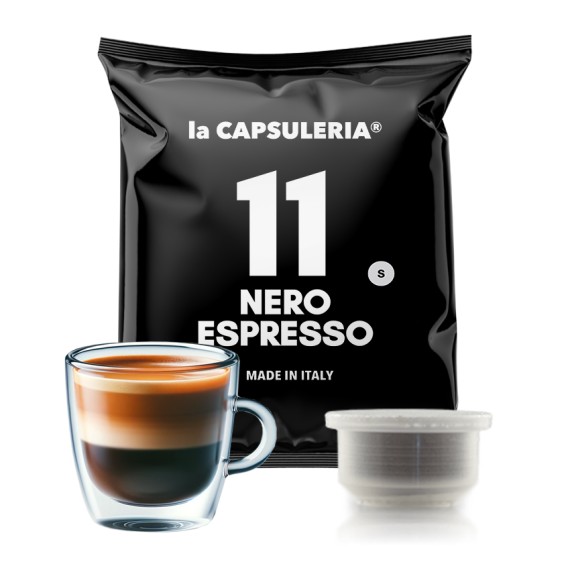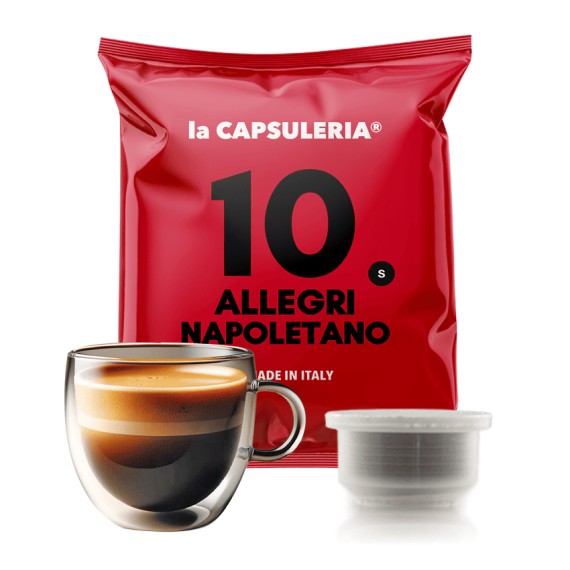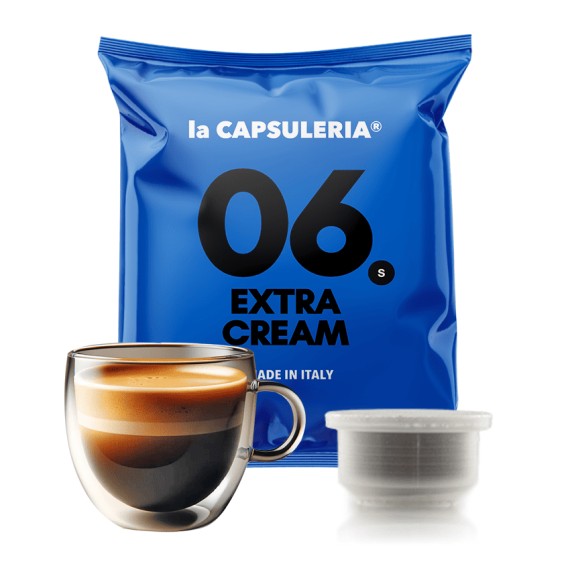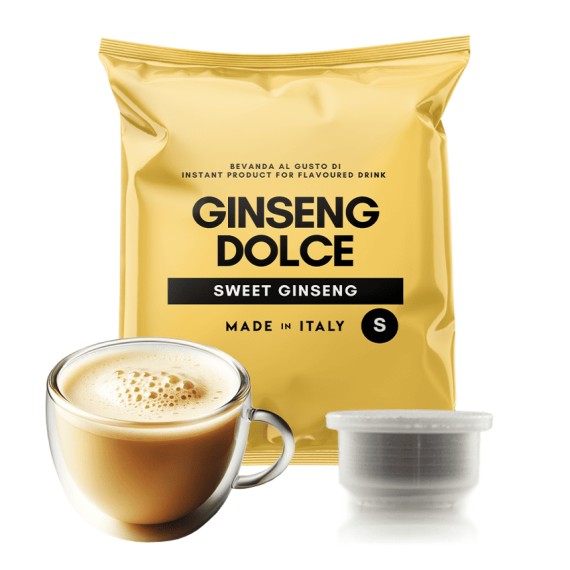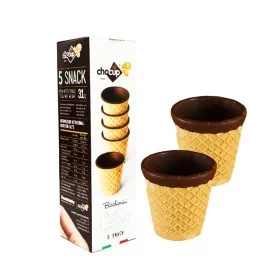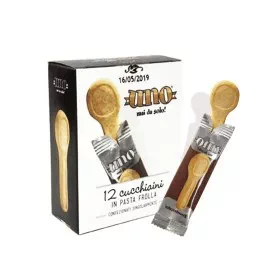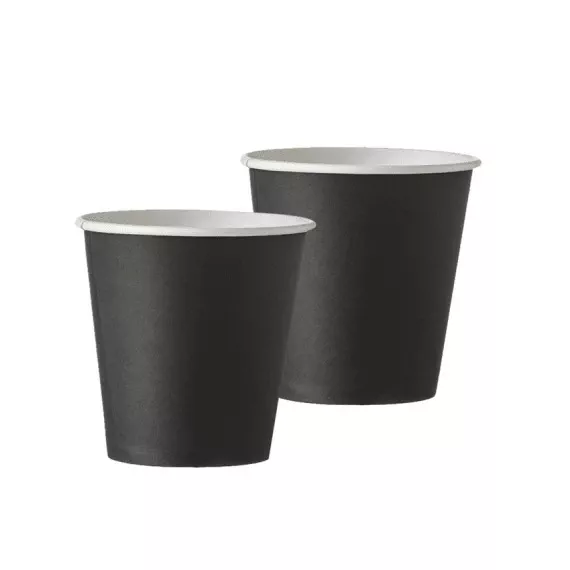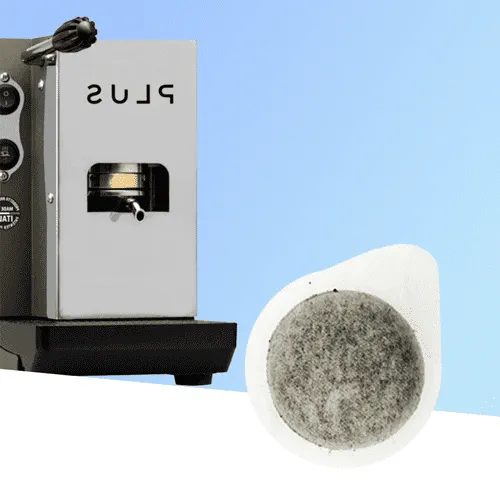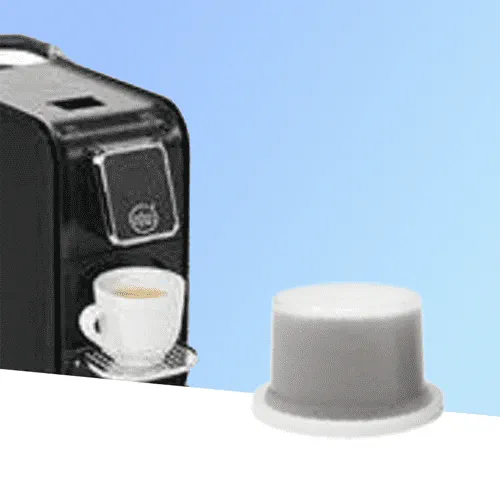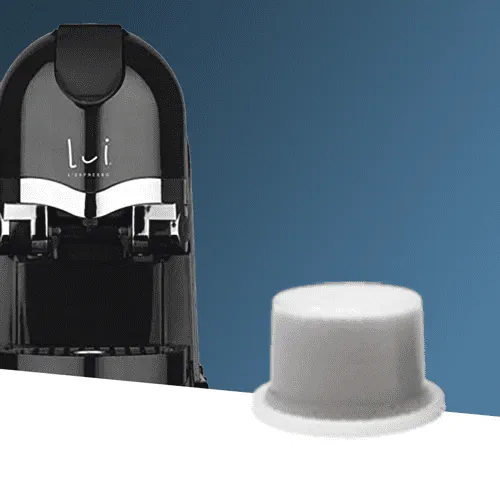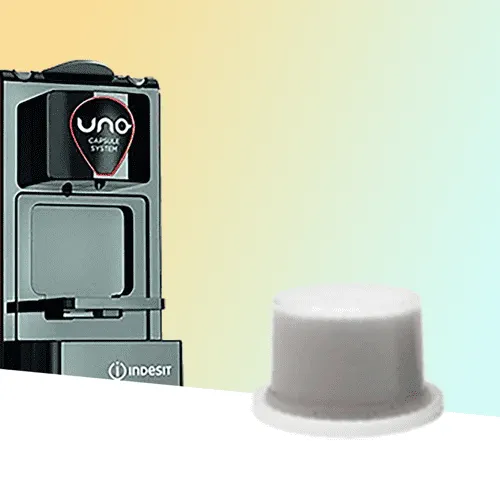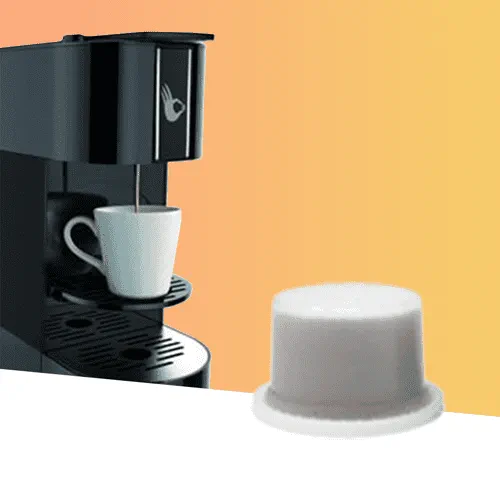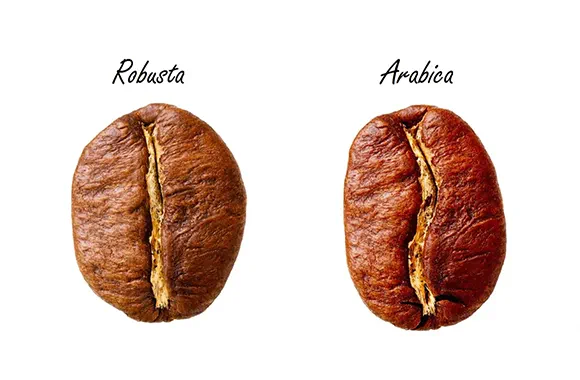
What we talk about in this article:
- Introduction
- Historical background
- Arabica coffee
- Robusta coffee
- Differences
- Conclusions
Arabica vs Robusta: what is the difference?
Arabica and Robusta. How many times have you heard them when it comes to coffee? And how many times have you actually understood them?
Before you make your next coffee, discover with us all the secrets of Arabica and Robusta along with their main differences.
Coffee varieties: an important premise
Before we get to the heart of this Arabica vs Robusta 'duel', did you know that coffee is part of a very large family of flowering plants called Rubiaceae?
There are more than 600 genera (the biological group into which a family is divided) and more than 10,000 species within this family. One of these 600 genera, Coffea, produces the bean we all love: the coffee bean.
Although botanical experts consider all seed plants of the Rubiaceae family to be coffee plants, the ones we all usually drink actually fall into only two species: Coffea Arabica and Coffea Robusta.
Defining these points is very important to understand why we always hear about Arabica and Robusta when we talk about coffee. Tell this to your barista next time, see if you catch him off guard!
What is Arabica coffee?
Arabica coffee accounts for about 65-70% of the world's coffee production and originates in Ethiopia.
It is generally cultivated at high altitudes, between 900 and 2000 metres above sea level, mainly in what is known as the 'coffee belt', which stretches mainly across the earth's tropical equatorial belt.
Here Arabica meets the type of soil, regular rainfall and sun it needs. Arabica beans are often considered superior in taste, and this has to do with its complexity.
Arabicas develop many more flavour profiles than robustas and tend to have a taste with notes that can range from sweet, such as honey and sugar, to fruity, floral and slightly acidic on the palate.
Arabica is rather delicate and requires special care because it is very susceptible to pests and diseases.
What does 100% Arabica coffee mean?
A coffee labelled as 100% Arabica contains no Robusta coffee. This means that that coffee is composed entirely of Arabica coffee.
But beware: the words 100% Arabica on your coffee are not a guarantee of quality. It is a statement about the content of the coffee, and it simply means that there is no Robusta coffee in that coffee, nothing more.
The statement 100% Arabica has nothing to do with the quality of the coffee, and therefore, if you buy a coffee with this statement, it does not necessarily mean that it will be of higher quality or that it will taste better.
What is Robusta coffee?
Robusta coffee, which originates in West Africa, makes up the remaining 30% of the world's coffee production.
It is grown at lower altitudes and higher temperatures because it is much more resistant to pests and diseases due to its high caffeine content. This makes Robusta easier to produce.
The aromatic profile is less complex than Arabica and this coffee is appreciated because it is characterised by a bitter cocoa taste, with notes of dried fruit, hazelnuts, dark or sweet chocolate and slightly astringent on the palate. It is more bitter than Arabica because it has a higher caffeine content.
Another special feature concerns the body and creaminess it gives the drink. Coffee made from Robusta gives more body and cream to the coffee, but why?
Because it grows at lower altitudes, the Robusta bean is less dense, leaving gaps in its interior. These spaces, during roasting, fill up with carbon dioxide, which is one of the main culprits in giving structure to the cream.
Arabica vs Robusta: the differences
Want to make a real comparison? Then let's talk about differences. Here are the 10 main differences between Arabica and Robusta!
1. Taste
Some prefer Arabica and others Robusta, the answer is, because of taste. Robusta, due to its higher caffeine and lower sugar content, tends to have a stronger, bitter flavour with particular notes of cocoa and dried fruit. Arabica, on the other hand, tends to have a much fruitier and sweeter taste.
2. Caffeine
Arabica coffee contains far less caffeine than Robusta coffee. In fact, a Robusta bean contains about 2.7% caffeine, almost twice as much as the 1.5% of Arabica.
3. Fat and sugar content
As we have already mentioned, Arabica contains almost 60% more fat and almost twice the concentration of sugar than Robusta.
4. Price
Because of their greater strength and ease of production, Robusta beans are slightly cheaper than Arabica beans on the international market.
5. Shape of bean
The Robusta coffee bean is smaller, rounded and with a more linear central cut, while the Arabica bean is larger, oval-shaped and with a more sinuous central cut.
6. Height of the plant
The Arabica coffee plant is shorter, between 2.5 and 4.5 metres in height while the Robusta plant usually reaches a height of between 4.5 and 6 metres.
7. Antioxidant content
Robusta beans have an antioxidant content of between 7 and 10%, higher than Arabica beans, which contain between 5.5 and 8%.
8. Altitude of cultivation
Arabica and Robusta beans can be grown at different altitudes: Arabica is usually cultivated between 900 and 2000 metres above sea level, while Robusta can be grown at lower altitudes, between 600 and 1000 metres.
9. Origin
Both coffee species are native to Africa but, although they are 'sisters', they did not originate in the same place. Arabica coffee originated in Ethiopia while Robusta coffee comes from present-day Congo.
10. Countries that produce the most
Even though many countries produce both species, there are more specialised ones: the world's largest producer of Robusta is Vietnam while the world's largest producer of Arabica is Brazil.
Better Arabica or Robusta?
Here personal taste comes into play: There are those who prefer a fuller-bodied, bitter coffee with notes of cocoa, dried fruit, with more caffeine and slightly astringent, so 100% Robusta or predominantly Robusta
There are those who prefer a softer, sweeter coffee with notes of honey, fruit, biscuits and slightly more acidic, so 100% Arabica or predominantly Arabica.
The choice is up to you, your taste, the time of day and the sugar used in the coffee.
So it doesn't matter whether it is "Arabica or Robusta", it only matters that when you wake up in the morning your coffee is "La Capsuleria" 😃
Jokes aside..
We hope you found this brief exploration of Arabica and Robusta interesting. Let us know what you think and do not hesitate to contact us should you have any doubts.
Discover our best Arabica coffees and our best Robusta coffees on our online shop or in our 40 shops in Italy

